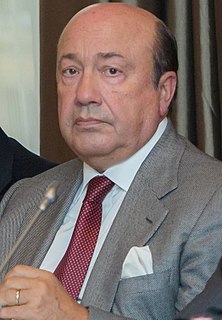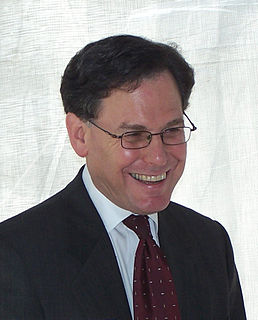A Quote by Kofi Annan
The Security Council should be seen as the executive committee of the global security system set up after World War II. Its members, and especially the Permanent 5 (P5), have a special responsibility for international peace and security.
Related Quotes
The United Nations' founders understood that decisions affecting war and peace should happen only by consensus, and with America's consent, the veto by Security Council permanent members was enshrined in the United Nations Charter. The profound wisdom of this has underpinned the stability of international relations for decades.
It's a moral imperative, it's an economic imperative, and it is a security imperative. For we've seen how spikes in food prices can plunge millions into poverty, which, in turn, can spark riots that cost lives, and can lead to instability. And this danger will only grow if a surging global population isn't matched by surging food production. So reducing malnutrition and hunger around the world advances international peace and security - and that includes the national security of the United States.
Now we characterise Russian-Chinese relations as a strategic partnership, even a special strategic partnership. We have never had such a level of trust with China before. China is our major trade and economic partner among foreign states. We implement joint multi-billion projects. We cooperate not only within the UN Security Council, which is logical, as both China and Russia are permanent members of the UN Security Council, but also within such regional organisations as the Shanghai Cooperation Organisation, BRICS, etc.
The [UN Security Council] P5 ought to be dissuaded from using their veto power, which can paralyze the United Nations. The country blocking action ought to have to explain its decision and propose an alternative solution. It has been suggested that a veto only becomes effective if the vetoing state has the support of two or three other permanent members.
Actually, the phrase "national security" is barely used until the 1930s. And there's a reason. By then, the United States was beginning to become global. Before that the United States had been mostly a regional power - Britain was the biggest global power. After the Second World War, national security is everywhere, because we basically owned the world, so our security is threatened everywhere. Not just on our borders, but everywhere - so you have to have a thousand military bases around the world for "defense."







































